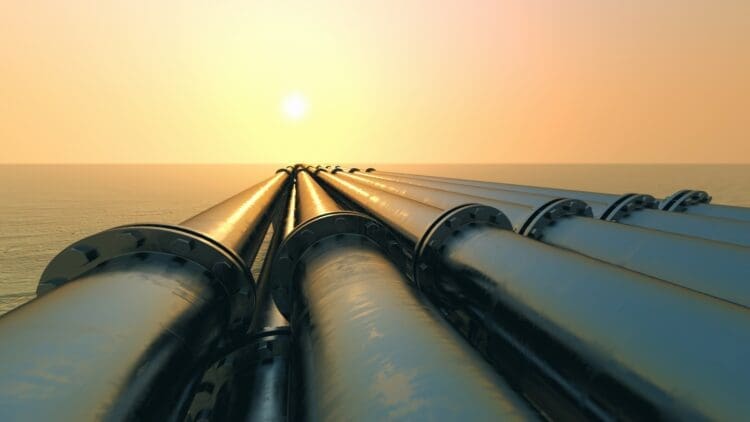As the international community laments the ongoing Russian invasion of Ukraine, the European Council, backed by EU Ministers, has approved a plan to phase out Russian gas and LNG imports by 2028. Europe has relied on Russian-made energy for far too long, despite ongoing political tensions between the EU member states and Moscow. The Russian economy is heavily reliant on exports of gas and oil, and several politicians have noted that continuing to purchase energy from the nation enables it to continue to wage war in Ukraine.
The end of European member states reliance on Russian gas is closer than you might think
Since the end of the Soviet Union, Russia has seen a litany of businessmen earning millions, and in some cases, billions of dollars from the nation’s energy sector, which was a free-for-all following the end of the Communist state. Refineries and gas projects were left standing without any significant leadership, in stepped the myriad of oligarchs to purchase projects at an inconceivably low price, leading to the boom in Russian billionaires.
However, following the latest strategic framework agreed upon by the European Council, the Russian energy sector is set to see significant declines in exports. Backed by the recent news that the United States has placed sanctions on several Russian energy companies, the EU recently approved a plan to completely phase out Russian liquefied natural gas.
The Council of the EU has agreed on its negotiating position to end Russian LNG
The EU Council has come together to agree on the strategic framework to phase out Russian gas from the European energy sector by 2028. The next step would be for the draft legislation to be debated in the “trilogue” between the European Parliament, the Commission, and the Council. The goal would be to reach an agreement by the end of the year.
The EU’s new legislation introduces a binding tiered approach for the phaseout of Russian gas
The EU Council has noted that the new legislation would introduce a pragmatic and considered approach to phasing out Russian gas by the end of the year, with a full ban coming into effect by January 1, 2028.
“Although we have worked hard and pushed to get Russian gas and oil out of Europe in recent years, we are not there yet. Therefore, it is crucial that the Danish Presidency has secured an overwhelming support from Europe’s energy ministers for the legislation that will definitively ban Russian gas from coming into the EU.” – Lars Aagaard, Minister for climate, energy and utilities of Denmark
A proposal by the European Council for an earlier phaseout by January 1, 2027, seems to have lost its steam, despite US President Donald Trump applying pressure to the union. Under the new, agreed-upon legislation, imports of Russian gas will end by January 1, 2026, with exceptions for existing short and long-term contracts. As Europe aims to end its reliance on Russian gas, the union has been retrofitting its aging infrastructure to boost downstream efficiency.
Existing contracts to purchase Russian gas have been given a lifeline
While the new draft legislation by the EU is commendable, existing contracts to purchase Russian gas are exempt. Short-term deals signed before June 2025 would be allowed to continue until June 2026, with long-term contracts continuing an additional year and a half beyond that. With the harsh European winter approaching, several nations are expected to see less-than-ideal performances in gas output. Russia has devastated the European geopolitical landscape, forcing European nations to pick a side. Russian gas and energy are set to see significant issues as the EU phases out the energy resource, which could cripple the Russian economy, which is kind of the point.





